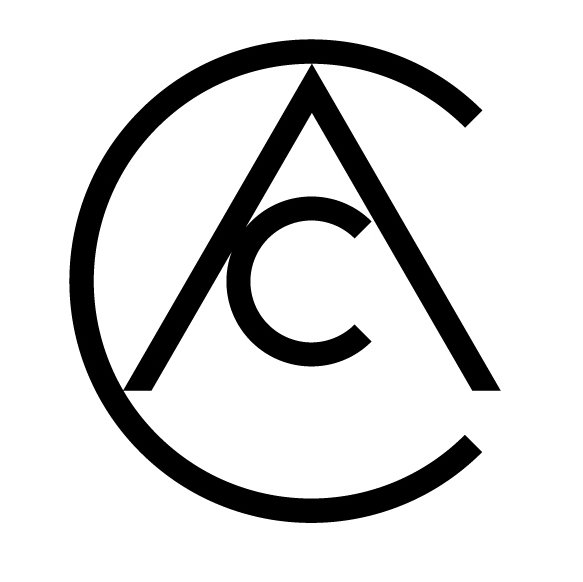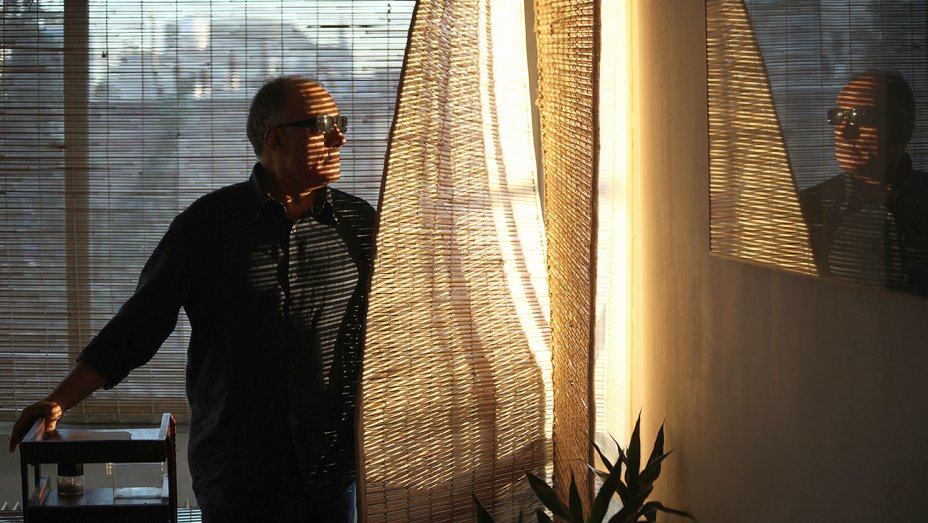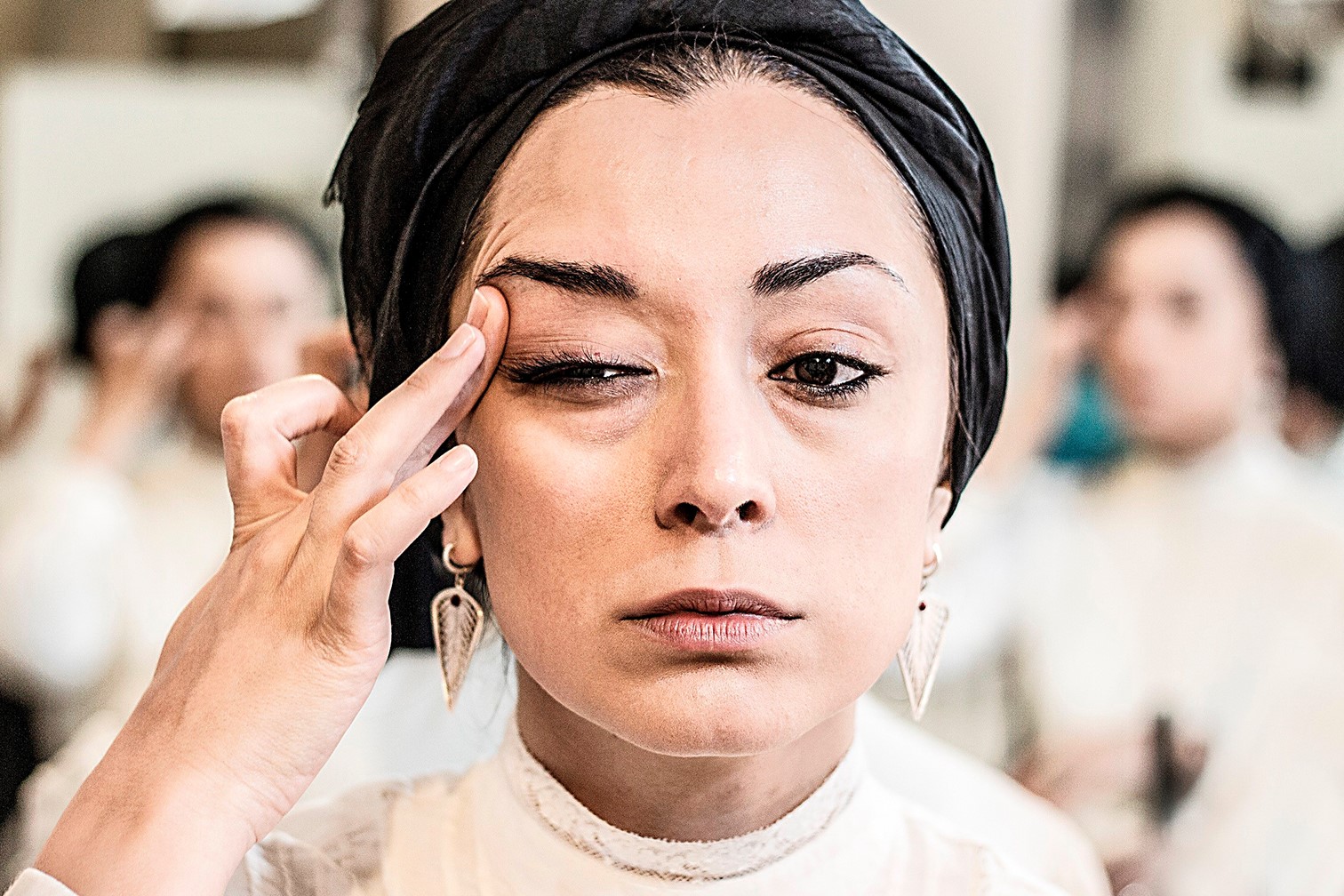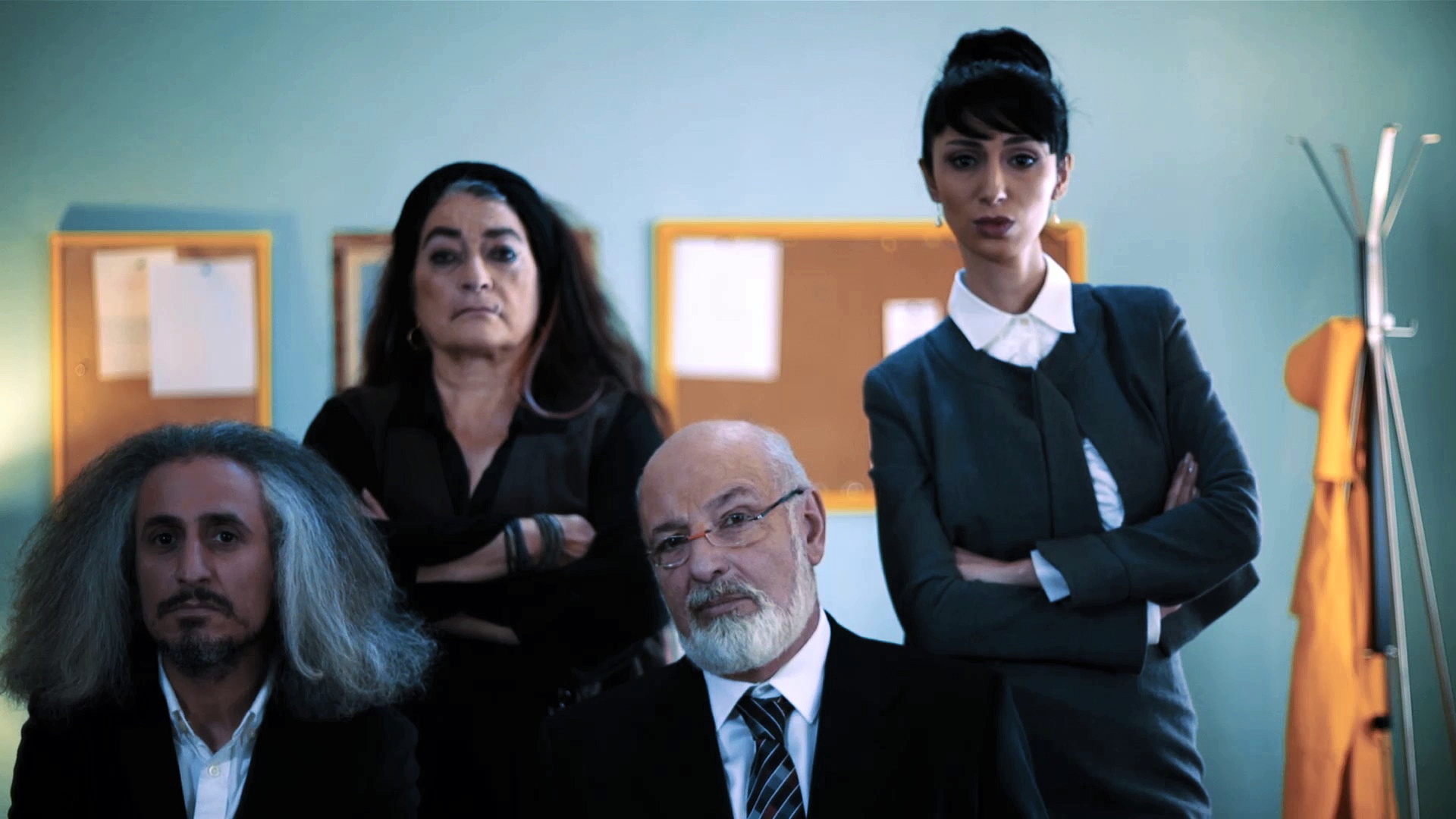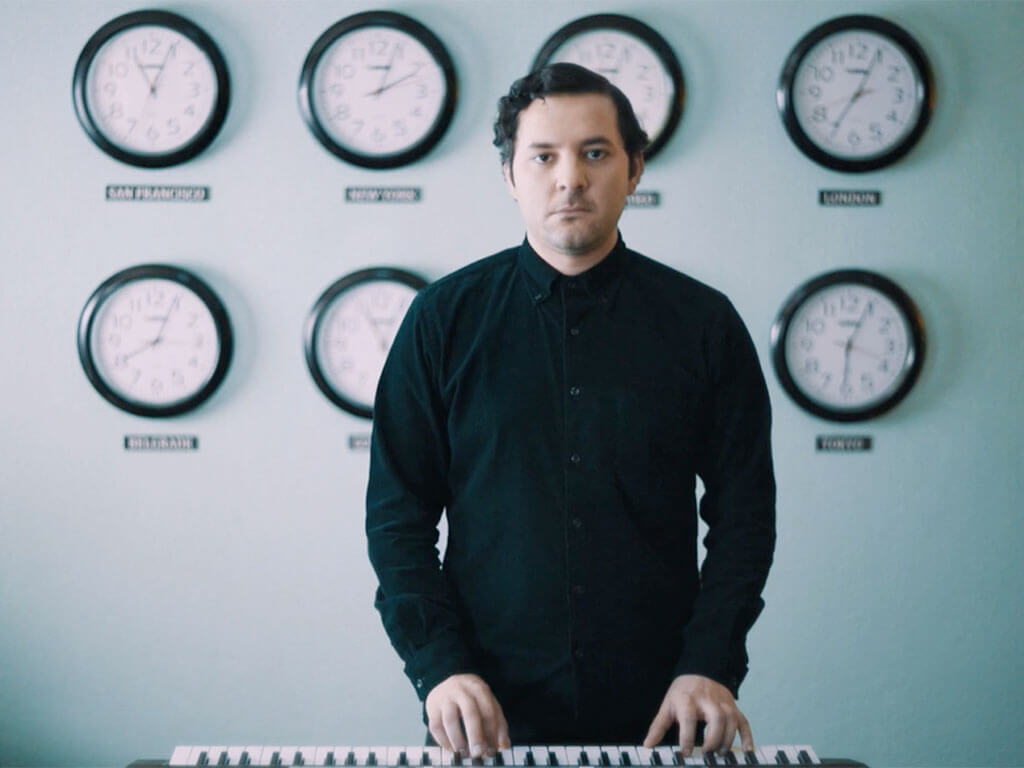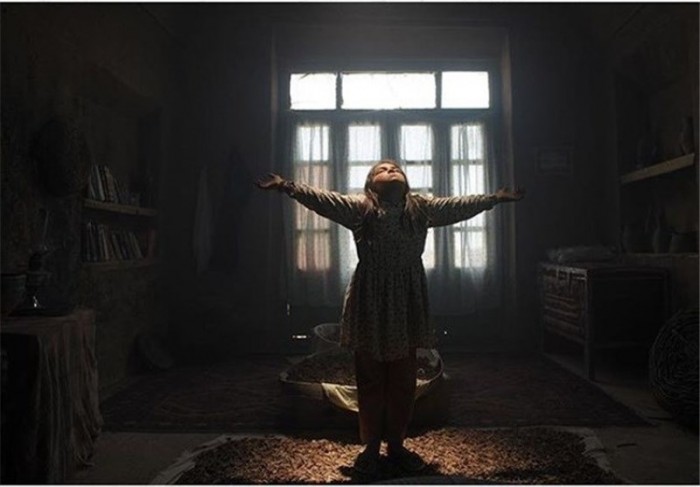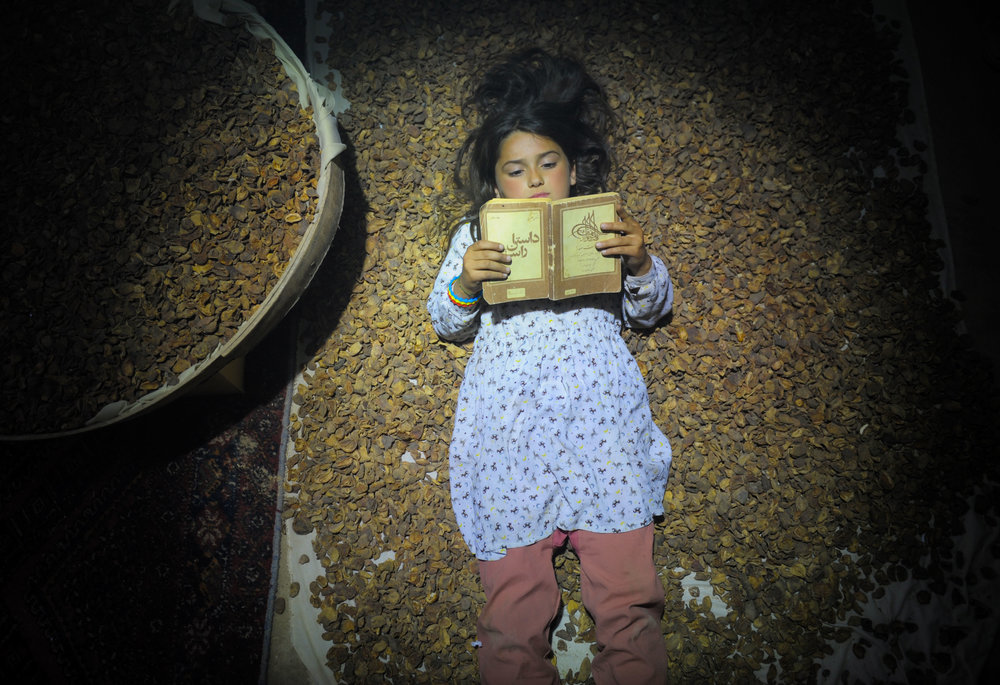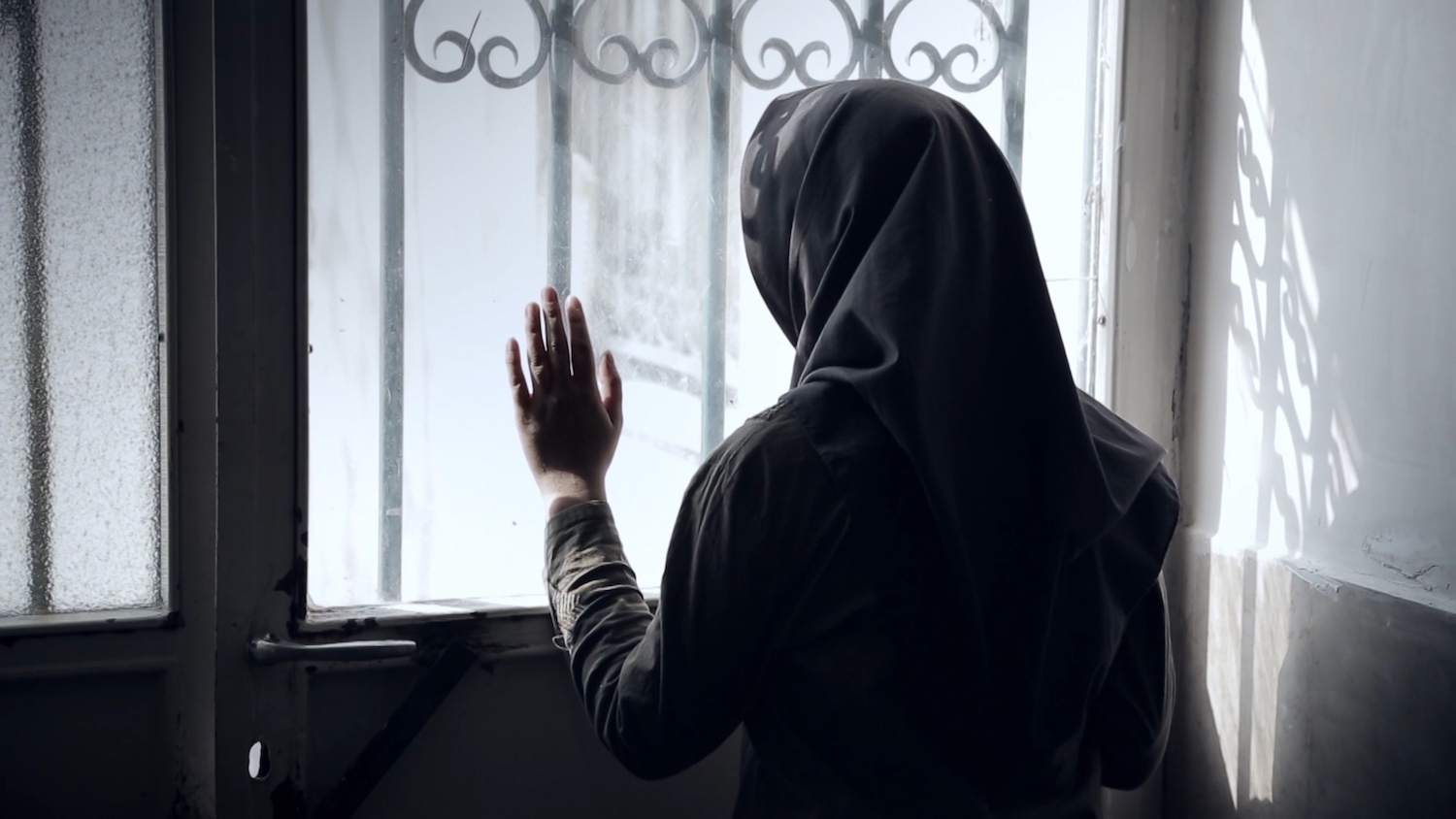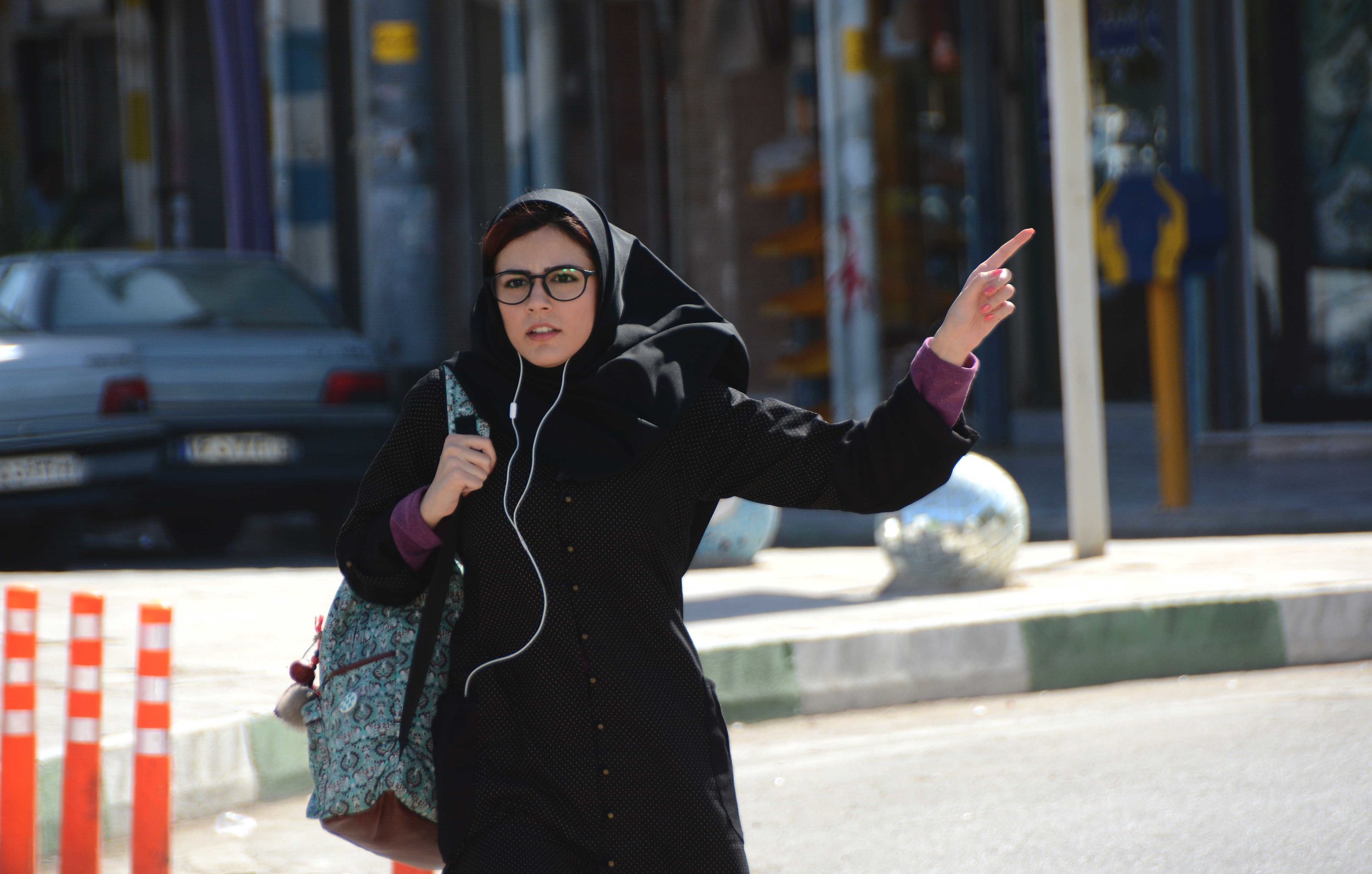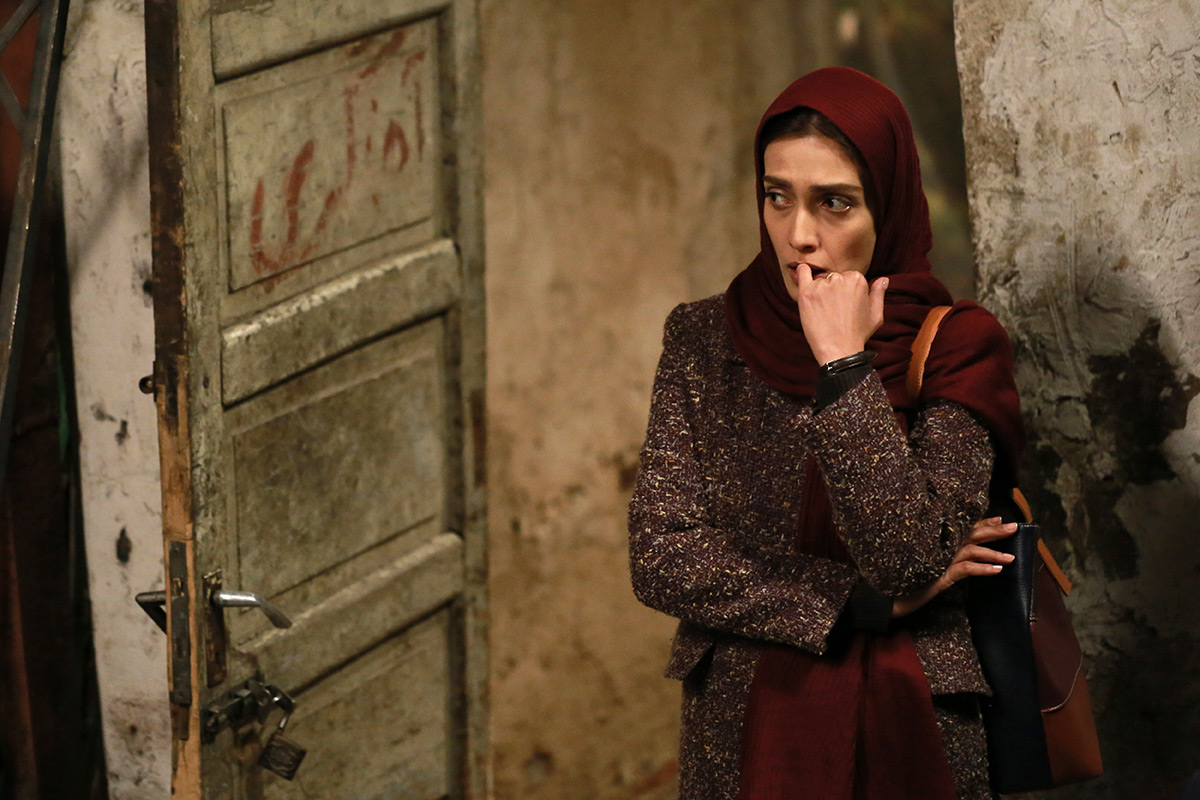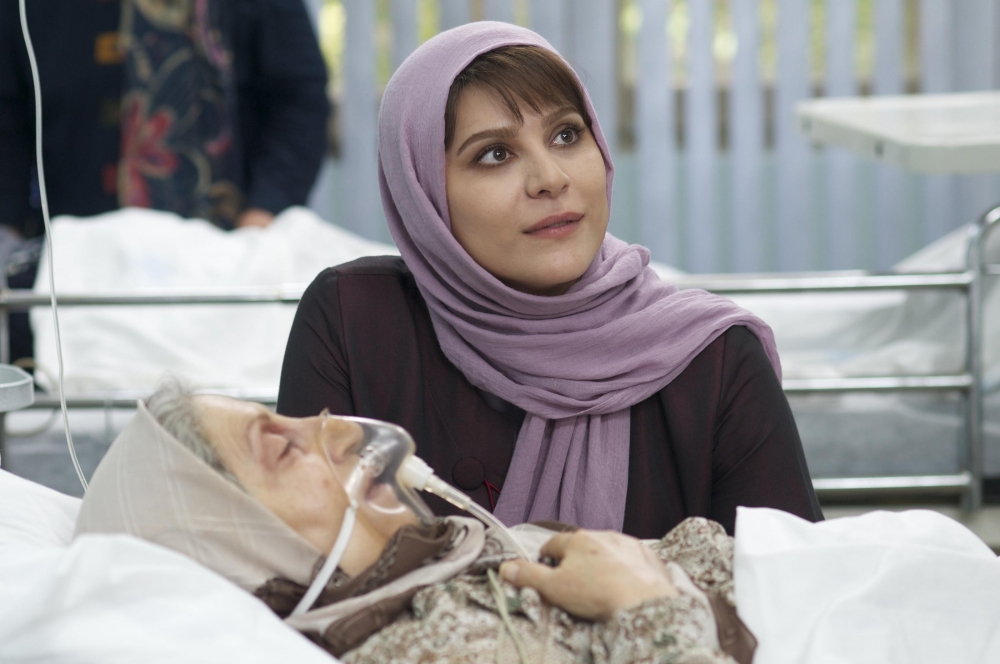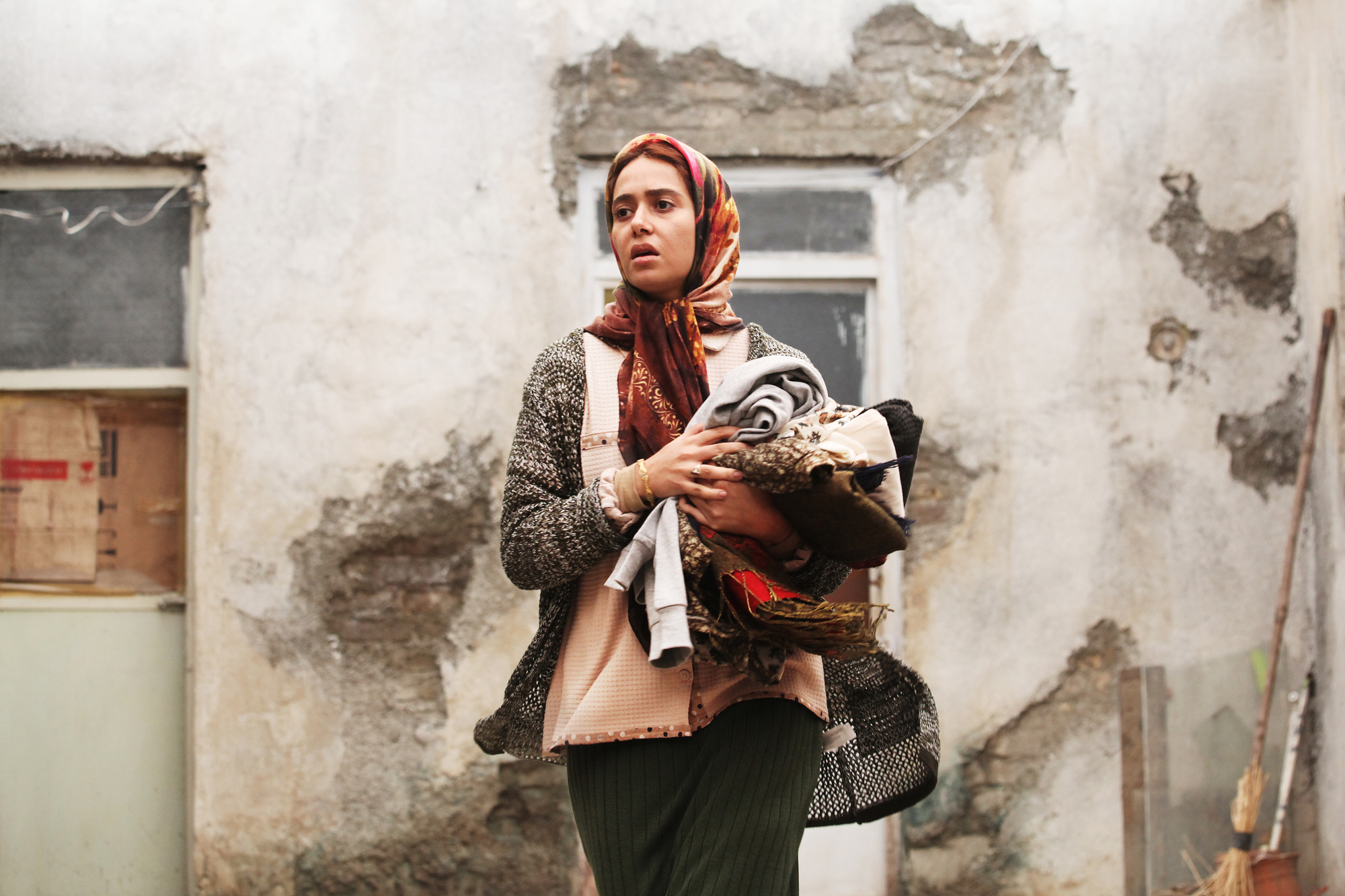The UCLA Celebration of Iranian Cinema
By Christopher Ian Lutz @christopher_ian_lutz/
The UCLA Celebration of Iranian Cinema, sponsored by Farhang Foundation and hosted at the Billy Wilder Theater, will be screening contemporary Iranian films over a two week period beginning May 6th. And as a tribute to the canon of artistic achievements by the late contemporary filmmaker Abbas Kiarostami there will be Los Angeles premier screenings of Life and a Day, Ten, and Take Me Home. Supplementing this tribute will be the showing of 76 Minutes and 15 Seconds, directed by Seifollah Samadian, which reveals the behind-the-scenes of the creative process of Kiarostami, who helped revolutionize contemporary Iranian film in the 1970s.
One of several important reasons for this celebration of Iranian culture and art is that the social commentary that the various directors are communicating through their works resonates with humanity at large. The audience gains appreciation for Iran’s distinct culture through bonding with the same hopes, dreams, pleasures, pains, fears, and passions that are within every human. The human condition is universal and art provides culture without borders that benefits the whole of humanity.
Following Saturday’s opening night, Reza Dormishian’s Lantouri (2016) will be screening May 7. Lantouri addresses a poignant issue that affects Iranian culture socially, politically, and religiously. The “lex talionis” Sharia law known as Qisas is currently in effect in Shi’te countries, such as Iran. This eye-for-an-eye law justifies equal retaliation. The question is, does revenge cure greater social problems that might be the root cause of these crimes? Americans struggle with the same question in regard to the death sentence. In Iran there are social workers that seek to encourage pardons from victims enacting legal revenge. In Lantouri, the character Maryam is such a social worker and after being attacked with acid by Pasha, a man that she rejects who feels entitled to her affection, she is faced with her legal right for revenge.
In Babak Jalali’s Radio Dreams a Persian-language radio station in San Francisco awaits the arrival of Metallica who are scheduled to play a set with Afghanistan metal band Kabul Dreams. This coming together of heavy metal symbolically sets a stage for two clashing cultures — the United States and Afghanistan, which could further be extended to the general tension between the East and West. The common ground becomes music that transcends the defenses, prejudices, and politics. This theme reflects in part the spirit of the UCLA Celebration of Iranian Cinema that connects people of different national and ethnic backgrounds through arts and humanity.
Breath by director Narges Abyar addresses one of the greatest overlooked aspects of war — children. Modern warfare has turned the neighborhood into the battlefield, and the greatest victim has been children, those who have not developed political, social, or religious agendas, nor can they defend themselves. In 1980 Iraq invaded Iran, which began the Iran-Iraq war from 1980-1988 and led to thousands of child deaths. Child war causalities and child soldiers is an international issue. If children are the future, what future is without them? What future are we fighting for?
After seven years documentary filmmaker Mehrdad Oskouei was granted access by Iranian authorities to film within a women’s detention center for his film Starless Dreams. There he captured the stories, lives, and relationships between juvenile delinquents imprisoned in the detention center for crimes that ranged from drug possession to murder. Oskouei reveals their hopes and fears for when they are released back into society, fears that are understandable considering that what was on the other side of the walls of the detention center was partly responsible for sending them into the detention center. This particular issue is a global crisis. Certainly there are inmates in correctional facilities that are both dangers to themselves and society, but if incarceration is a result of negligence, systematic racism, gender equality, classism, poverty, lack of education, then incarceration is simply a temporary bandage of a greater social wound that is not being addressed.
Also screening will be Finals (2016) by Adel Yaraghi, Daughter (2016) by Reza Mirkarimi, Inversion (2016) by Behnam Behzadi.
UCLA Film & Television Archive and Farhang Foundation Present
UCLA Celebration of Iranian Cinema, A Rare Look into Contemporary Iran
WHAT: UCLA Celebration of Iranian Cinema sponsored by Farhang Foundation
Most films originate from Iran and are in all Persian. English Subtitles.
WHEN: May 6 - May 19, 2017
TICKETS: Regular screenings: $10 general admission available here.
FARHANG OPENING VIP RECEPTION: Tickets available at Farhang.org/UCLA17 for $100.https://www.cinema.ucla.edu/events/2017/ucla-celebration-iranian-cinema
ABOUT FARHANG FOUNDATION
Farhang Foundation is a non-religious, non-political and not-for-profit foundation established in 2008 to celebrate and promote Iranian art and culture for the benefit of the community at large. The foundation supports a broad range of academic activities in Southern California by funding university programs, publications and conferences. The foundation also supports diverse cultural programs such as the celebration of Nowruz, Shabe-Yalda, Mehregan, theater and dance performances, film screenings and poetry readings in Southern California. And, in cooperation with various cultural and academic institutions, Farhang Foundation funds major programs and exhibitions about Iran and its culture and is currently commissioning a monumental gift to Los Angeles celebrating the shared humanitarian values of Cyrus the Great and the Founding Fathers of America.
For more info visit Farhang.org and freedomsculpture.org
